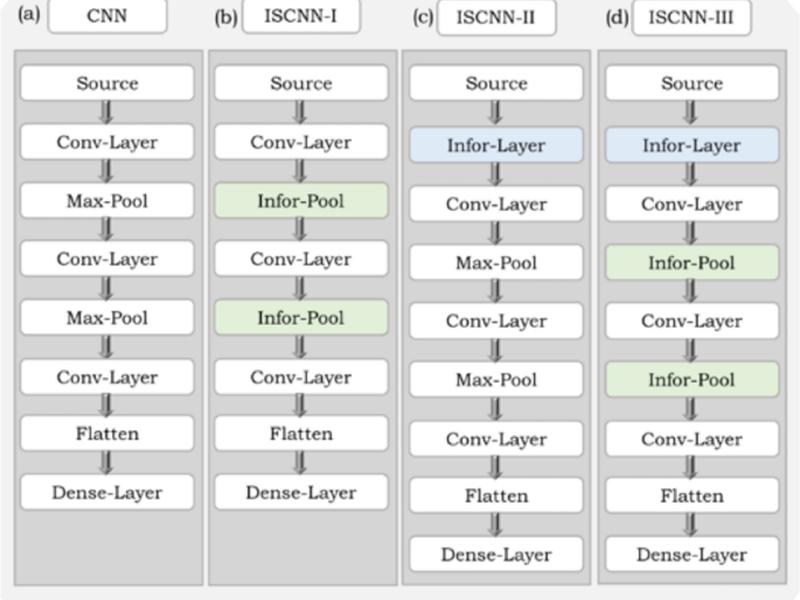This article discusses the development of Information-Set Deep Learning (ISDL) architectures, which are designed to address the critical problem of the absence of robust deep learning models. The ISDL models are developed by integrating information set theory and deep learning principles, and their performance is evaluated using a noise-corrupted benchmark dataset. The results show that the ISDL models can efficiently handle noise-dominated uncertainty and outperform peer architectures.

